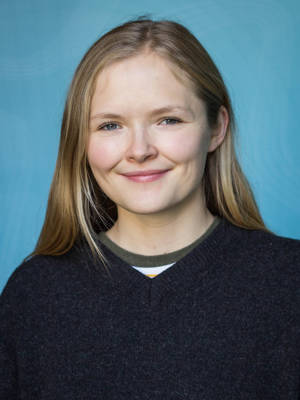Background
PRIO has the long-term ambition to combine scientific excellence with real-world impact: we try to make peace more stable, and war less terrible. NORSAR contributes to this goal as well, as part of a global collaboration for detecting violations of the Comprehensive Nuclear Test Ban Treaty. NORSAR continuously measures faint sounds in the atmosphere and tremors in the ground to detect possible nuclear explosions.
The REMWAR collaboration grew out of methodological innovation at NORSAR: their measurement equipment can also detect conventional explosions, such a mining blasts and war-related strikes with explosive munitions. In 2023, a team at NORSAR published their results in Nature magazine with detections of over 1,000 explosions from the opening weeks of the war in Ukraine. The New York Times reported these results as well.
Goals
REMWAR builds on these new capabilities to solve three problems: first, we want to find out when and where intentional attacks on civilians are most likely in war. Solving this question is important for prevention of atrocities. Associated debates in conflict studies are long-standing, and can only be solved with new type of data provided by NORSAR.
Second, we need to understand the biases that exist in both traditional event data and the new strike recordings. This will help us build the most comprehensive picture of the war in Ukraine. We also want to know where different types of data fail or succeed to capture events on the ground.
Third, we want to develop REMWAR’s technology so that it can help with cease fire monitoring, mapping of unexploded munitions (which endanger civilians long after wars end), and detection of strikes on protected infrastructure. For these goals, we will be supported by a stellar advisory board, combining backgrounds in international observer missions, humanitarian relief, policy, and open-source intelligence.
Initial work
NORSAR has been collecting data continuously since before the Russian invasion. Their team is now working on an improved and automated detection framework. The PRIO team has begun to build a database with frontline data, conflict event data, and locations of critical and protected infrastructure. We will update this website with preliminary results and milestones.
Funding
In June 2024, the project received 12 million NOK for a three-year research period from the Research Council of Norway. We are extremely grateful for this financial support, and we will make sure that the money is used to maximal effect.











